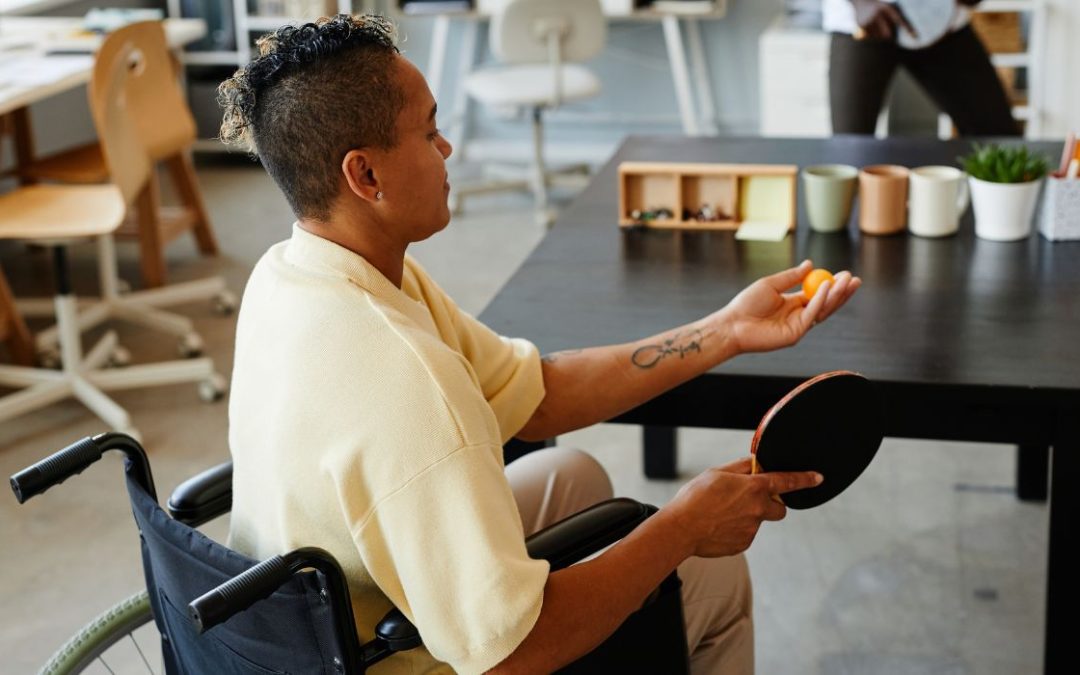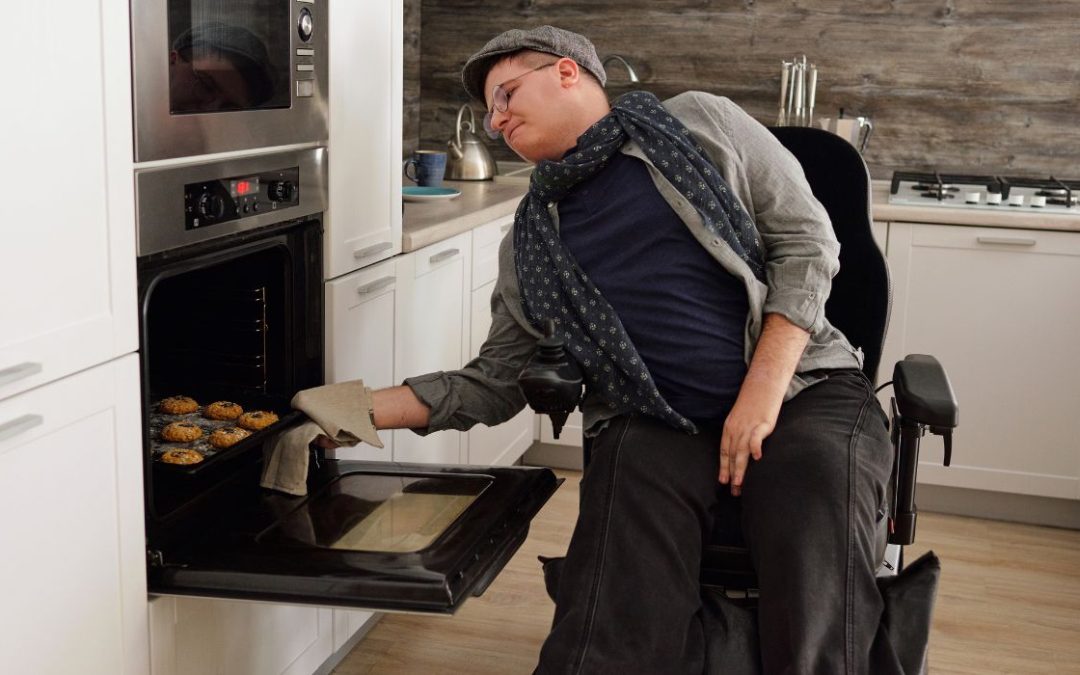Group homes are designed for people with disability to receive individualised support while living in an NDIS shared living environment with other participants. There are multifaceted approaches employed to cater to the diverse needs of these participants.
At Accord Care, we manage group homes for NDIS participants with a range of high needs. This article explores the various aspects of support, from personalised care plans to community integration, offering insights into how these homes operate to enhance the quality of life for their residents. It underscores the importance of individualised attention, skill development, and emotional support in fostering independence and well-being within a community-oriented environment.
Individualised Support in a Group Home
People living with disabilities in group homes receive fully individualised support from dedicated support workers. This approach ensures that each resident’s unique needs and preferences are met, fostering an environment of care tailored to individual requirements.
Accord Care’s support workers collaborate closely with residents, developing personalised care plans that encompass physical, emotional, and social needs. This individualised attention is crucial in promoting independence among participants, so they can set and meet goals, in accordance with their NDIS plan, to take responsibility in daily activities.
Importantly, our support workers undergo specialised training, equipping them with the skills necessary to address a diverse range of disabilities. They provide assistance with daily activities, facilitate access to community resources, and support the development of life skills. By prioritising individualised care, these group homes help participants to thrive, maintaining their dignity and enhancing their quality of life.
Support Systems in Group Homes
Whether the participant is receiving Supported Independent Living (SIL) care or have Individualised Living Options (ILO) funding under NDIS, there are a range of ways in which support system are implemented in group homes:
- Feeding and Nutritional Support: Assistance with meal preparation and feeding, ensuring dietary needs and preferences are met.
- Skill Building: Teaching and assisting with everyday skills like cooking, cleaning, and personal hygiene to enhance independence.
- Routine Development: Establishing and maintaining daily routines to provide structure and stability for residents.
- Community Outreach and Involvement: Facilitating participation in community events and activities, fostering social connections and inclusion.
- Personalised Care Plans: Developing individualised plans that cater to specific needs, goals, and preferences of each resident.
- Emotional and Social Support: Providing emotional care and opportunities to develop social skills, crucial for overall well-being and community integration.
These are just some of the support systems that participants can expect in group homes.
Fostering Independence in a Community Environment
The group homes operated by Accord Care play a pivotal role in fostering independence among participants while offering a nurturing community environment. Each participant enjoys the privacy and autonomy of having their own kitchenette, lounge room, and bathroom. This personal space allows individuals to develop and practise life skills with the help of their support workers.
Living in shared accommodation offers the unique advantage of social interaction and support. Residents engage with peers and staff, forming meaningful relationships and participating in community activities. These interactions are vital for emotional well-being and social skill development. The combination of private living spaces and communal activities ensures that residents experience a balanced lifestyle, promoting both independence and community involvement.
Group Homes at Accord Care
Group homes at Accord Care are designed to provide quality care and support for each and every resident who lives there. To find out more, contact us today on 1800 512 245.






Submit a Comment
Your email address will not be published. Required fields are marked *